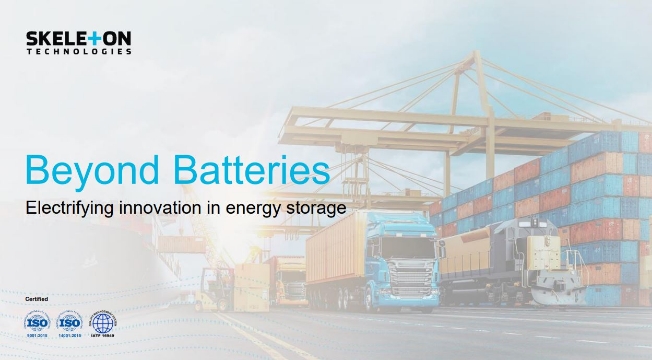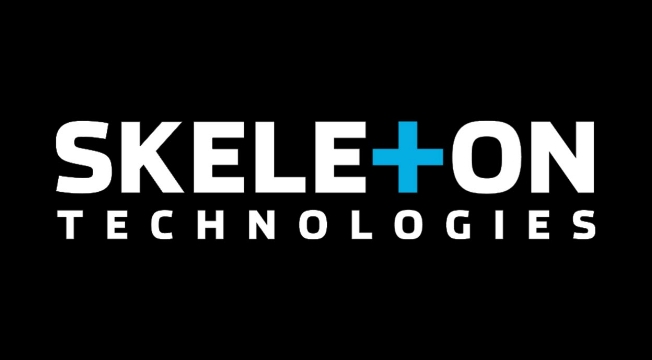









Media Gallery
Product portfolio
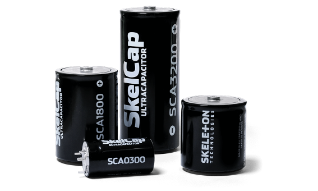
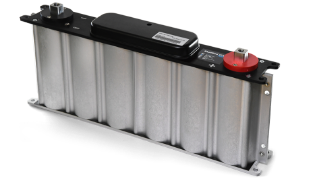
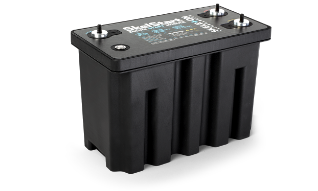
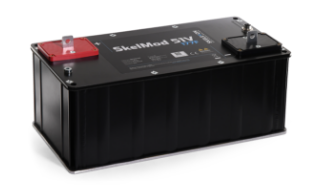
Personnel

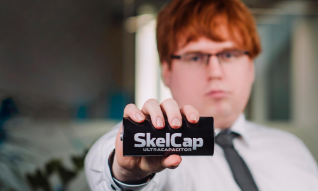
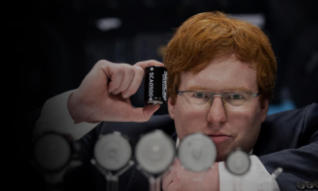

CFO Erkki Raasuke
Production & other

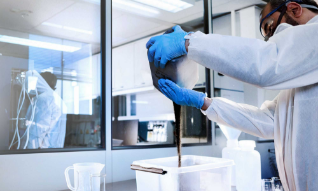
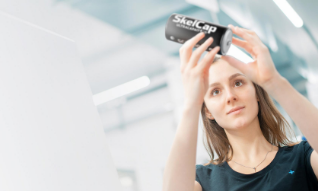
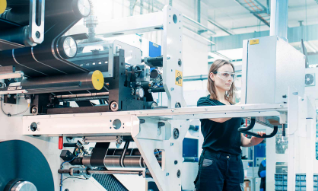

Frequently Asked Questions
What are ultracapacitors?
An ultracapacitor is an energy storage medium, just like a battery. The difference is that an ultracapacitor stores energy in an electric field, whereas a battery uses a chemical reaction. To find out more, check out our blog post and infographic titled “Ultracapacitors or Batteries?”, where we explain how the differences manifest in real-life use of both technologies.
Can ultracapacitors replace batteries?
We get a lot of questions about using ultracapacitors instead of batteries in passenger cars or other applications, but unfortunately, it’s not that simple. Yes, ultracapacitors have many advantages over batteries such as a significantly longer lifetime, much higher reliability and durability, and high efficiency even in -40°C, but the problem is that batteries and ultracapacitors are used for different purposes.
If you need energy for a long time, batteries are usually the most economical solution. For short-term applications, ultracapacitors are often the best option. Defining “short-term” is not that simple, however, but as a rule of thumb, you should consider ultracapacitors if the application time is 30-45 seconds or less.
What’s the difference between ultracapacitors and supercapacitors?
The short answer is that there is no difference. For a longer answer, read our blog post “What’s the Difference between and Ultracapacitor and a Supercapacitor?” If you are wondering about pseudocapacitors, electrochemical double-layer capacitors, and hybrid capacitors, head on over to our blog and have a look at “What is a Pseudocapacitor? – Capacitors Explained” and your questions will hopefully be answered.
Are ultracapacitors safe?
Safety is one of the key benefits of ultracapacitors, especially compared to batteries. We have tested the safety of our ultracapacitors by damaging a charged ultracapacitor in five different ways: burning, crushing, overcharging, short-circuiting, and penetration. See the results yourself in our ultracapacitor safety video.
What is “curved graphene”?
“Curved graphene” is the name we have given to our proprietary raw material, the inorganic pre-cursor material used in Skeleton Technologies’ ultracapacitors. Most companies in the ultracapacitor industry use organic pre-cursor materials, such as carbon made from coconuts. You can find more information on our Technology page.
